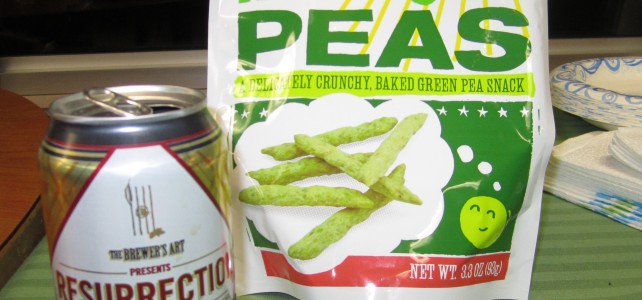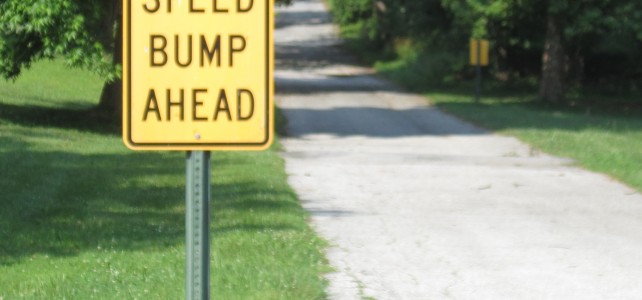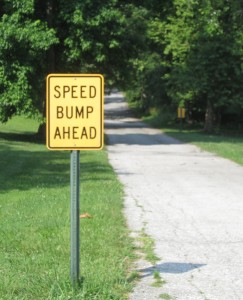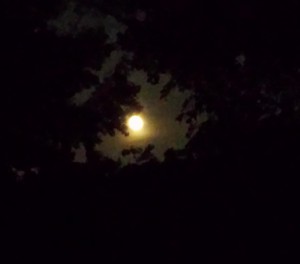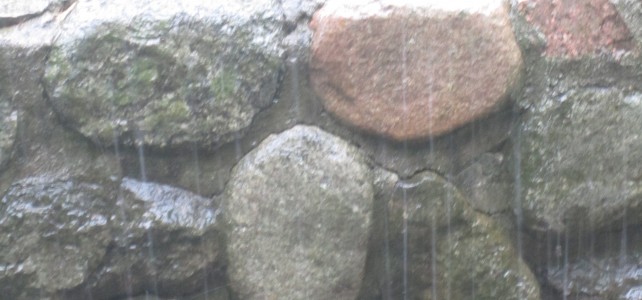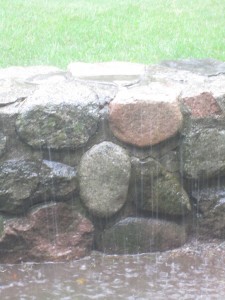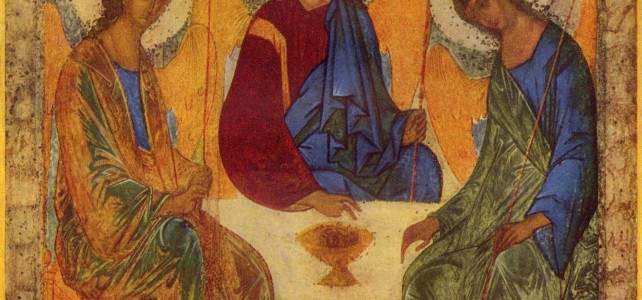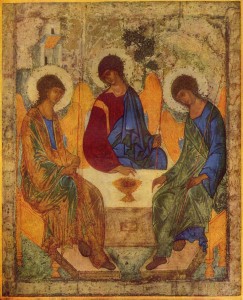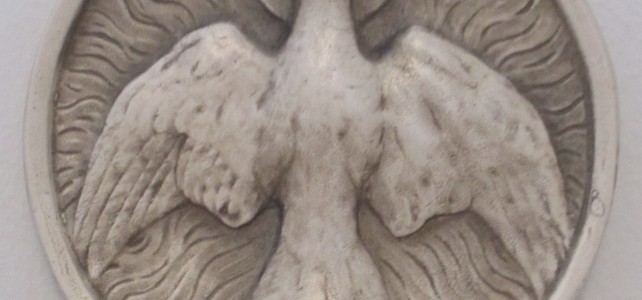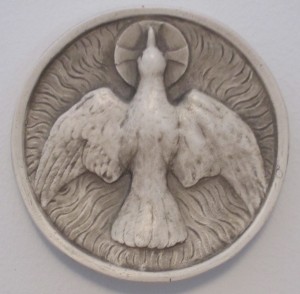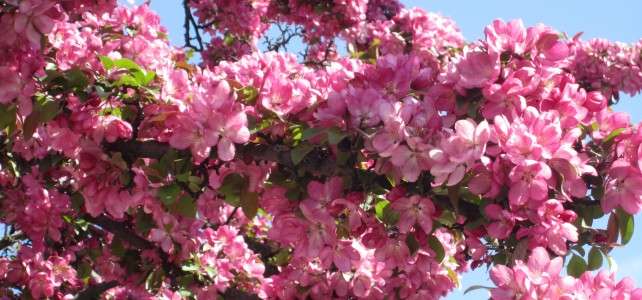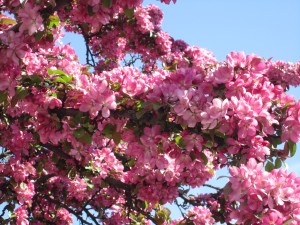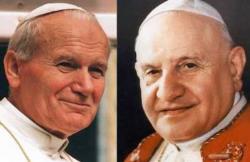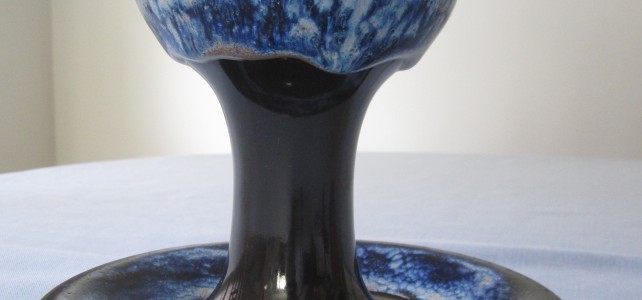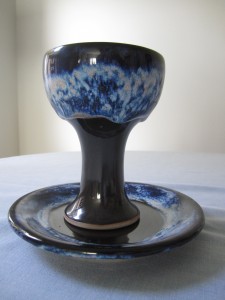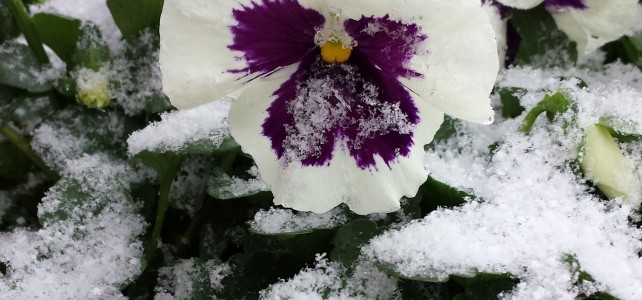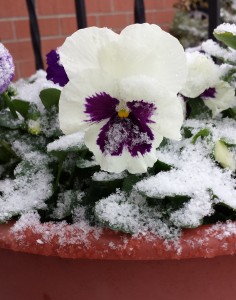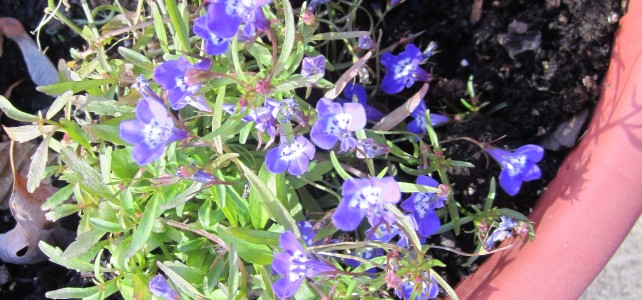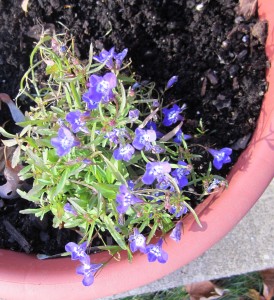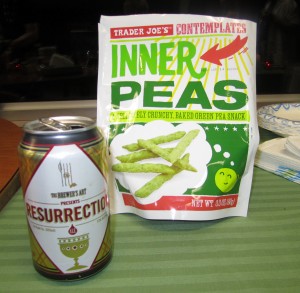
PHOTO: Mary van Balen
Reentry is always a challenge whether one is returning to work or school from vacation, rejoining estranged groups of family or friends, adjusting to changing seasons, or for a select few, taking the bumpy ride back into earth’s atmosphere from a stint in outer space. When we “enter again” we are not the same people we were when we left. If they do what is intended, vacations change us into more relaxed and revitalized versions of ourselves. Engaging again with people who have caused us hurt or pain or whom we have hurt and avoided requires growth and maturity, an open heart and a bit of courage. I can’t imagine the change in perspective that affects those human beings who have had the privilege of seeing the earth from outer space. (A stunning book of photographs and reflections of astronauts from around the world give a glimpse into that experience: The Home Planet by Kevin W. Kelley ed. with a forward by Jacques-Yves Cousteau. I am not sure it is available to purchase, but you might find a used copy or one in a library.)
Wherever we are coming from and going to, retuning to life’s routines after a time away presents opportunities. Can I return to work without allowing the pace, atmosphere, and demands overwhelm me? If it’s a job I don’t like, can I keep a positive attitude and look for what is good in it? Am I able to let go of anger and the urge to see just one point of view, mine, when attempting to reconnect with those I’ve been avoiding?
I’m experiencing a reentry myself. After a ten day residency for a two-year spiritual guidance program, I’m doing laundry and preparing to return to work, writing, and family connections. It’s not easy. While the schedule was full of presentations, reflections, and hard work, it also provided a silent sabbath of retreat for a couple of days. The class had gathered from around the country and new and deep friendships were begun.
For ten days I didn’t have to prepare food or wash dishes. I could wander around the fifty-acre spiritual center in Maryland listening to birds and watching deer, foxes, and fireflies. On the night of the Perigee Moon (Super Moon) I found a comfortable place to sit and kept vigil with binoculars and a camera, fueled by a homemade chocolate chip cookie and cup of tea.
Part of the gift of the residency was the opportunity to cultivate a quiet, listening heart, sharing silence as well as conversation and presentations as a group. We focused on the Divine Presence in our lives and in the lives of those we serve. We held in prayer those dear to us, those hurting in our world torn by violence, and creation that offers solace and grace even while reeling from effects of 7 billion people living on the planet.
The night before we would all return home, our class had a party. Spontaneous. Food showed up on tables. People pitched in to arrange the space. Lots of talk. Lots of laughter. I walked over to add some snacks to my plate and laughed when I saw what a couple of clever folks had added to the offerings: From Trader Joes: Inner Peas. From Brewer’s Art in Maryland: Resurrection Beer.
Two things to remember as I ease back into life at home: Take time to be still and to cultivate the sense of living in the Divine Presence. Have faith that God brings good from all things and invites us to be part of bringing Grace into the world, into our time and place and to rest in the Spirit that blows where it will.
And, when I forget, I just might pick up a bag of Inner Peas, wash them down with some Resurrection Beer and move into prayerful silence.
